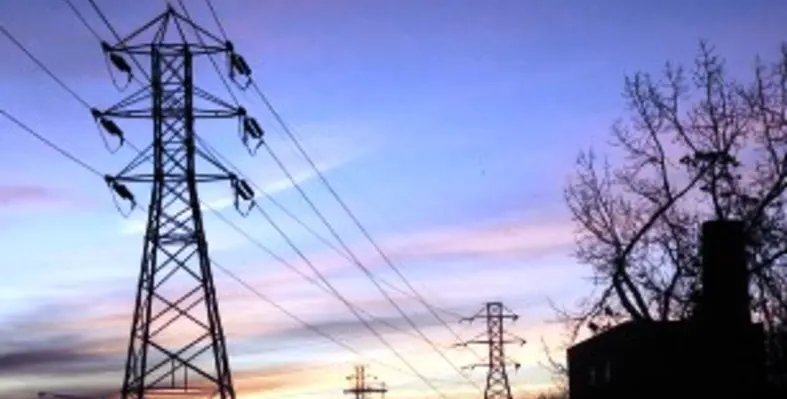The World Energy Council in collaboration with Accenture Strategy and the Paul Scherrer Institute launched an updated World Energy Scenarios report
The report was launched during the 24th World Energy Congress in Abu Dhabi, UAE. The report provides an update of the Council?s global energy scenarios, presenting plausible pathways to 2040 with a focus on the broad and fast-shifting landscape of innovation.
The three musically-named scenarios are: Modern Jazz, which represents a ?digitally disrupted,? and market-driven innovative world; Unfinished Symphony, a future in which more ?intelligent? and circular economic growth models drive clean, affordable and sustainable energy transition; and, Hard Rock, which explores the consequences of inward-looking policies and weaker and unsustainable economic growth, in a more fragmented world.
The updated report provides new insights into the broader and fast-shifting landscape of innovation, which is emerging from within and beyond the energy system and includes not only new energy technologies but also policy, business model and social innovations.
The report includes new storylines to 2040, supporting systems maps, comparative analysis on energy implications, six regional perspectives, as well as illustrative quantification, on an aggregated global and regional basis.
Major highlights and energy system implications:
-Global primary energy demand momentum remains in line with the 2016 scenario modelling, with per capita energy demand projected to peak in the 2020s.
-Electrification extends to more uses, driving decarbonisation rates; however, the question of hard-to-abate sectors and non-electrified uses remains open.
-A new mobility revolution, which is dependent on infrastructure, is gathering momentum with the potential to disrupt the entire energy landscape in the longer term.
-Energy efficiency gains are critical to manage energy demand from industrial, residential and commercial sectors and to avoid reducing climate change momentum.
-New opportunities are emerging to provide energy-plus services in an increasingly consumer-centric energy system.
-Infrastructure innovation and investment and proactive policies are necessary to secure affordable decarbonisation and socially just energy transitions.
-New net-zero carbon pathways, including hydrogen, and carbon abatement mechanisms emerge and start to scale by 2040.
-Achieving Paris Agreement targets remains elusive, with none of the 2019 scenarios meeting the 2?C target agreed to in the UNFCC Paris Agreement.








